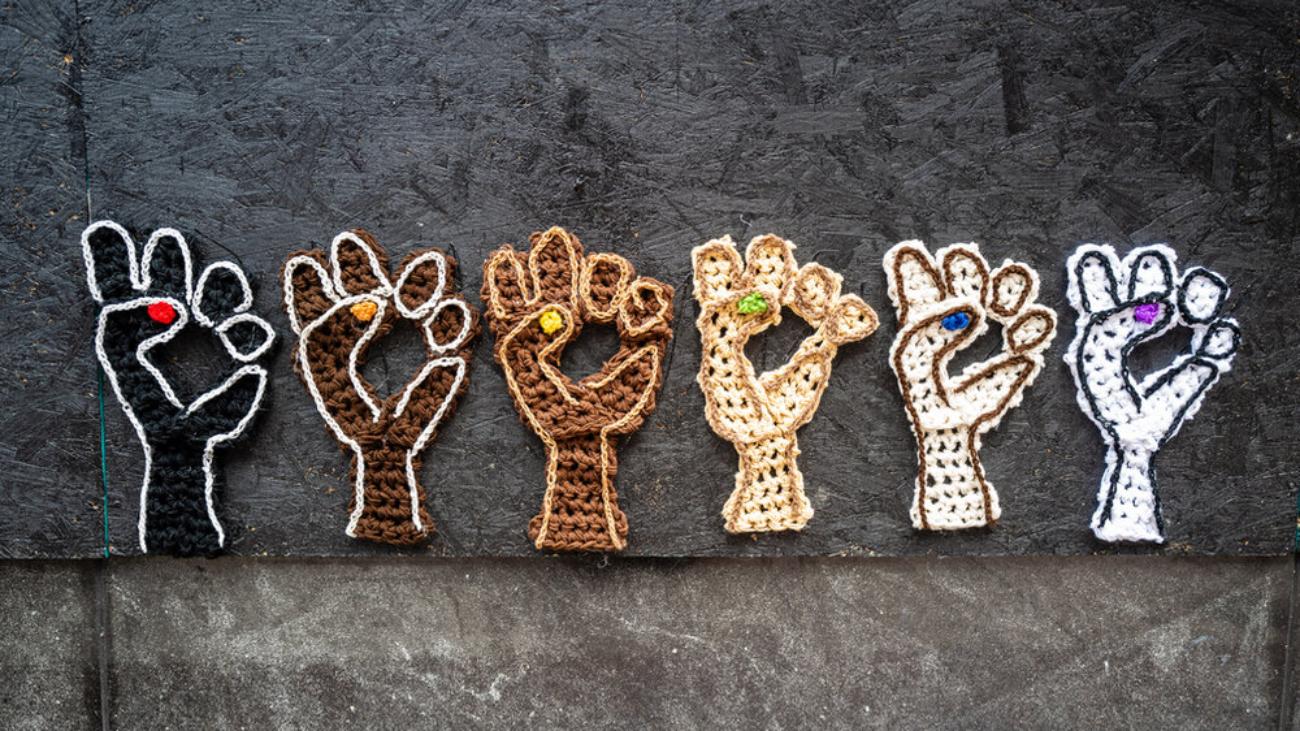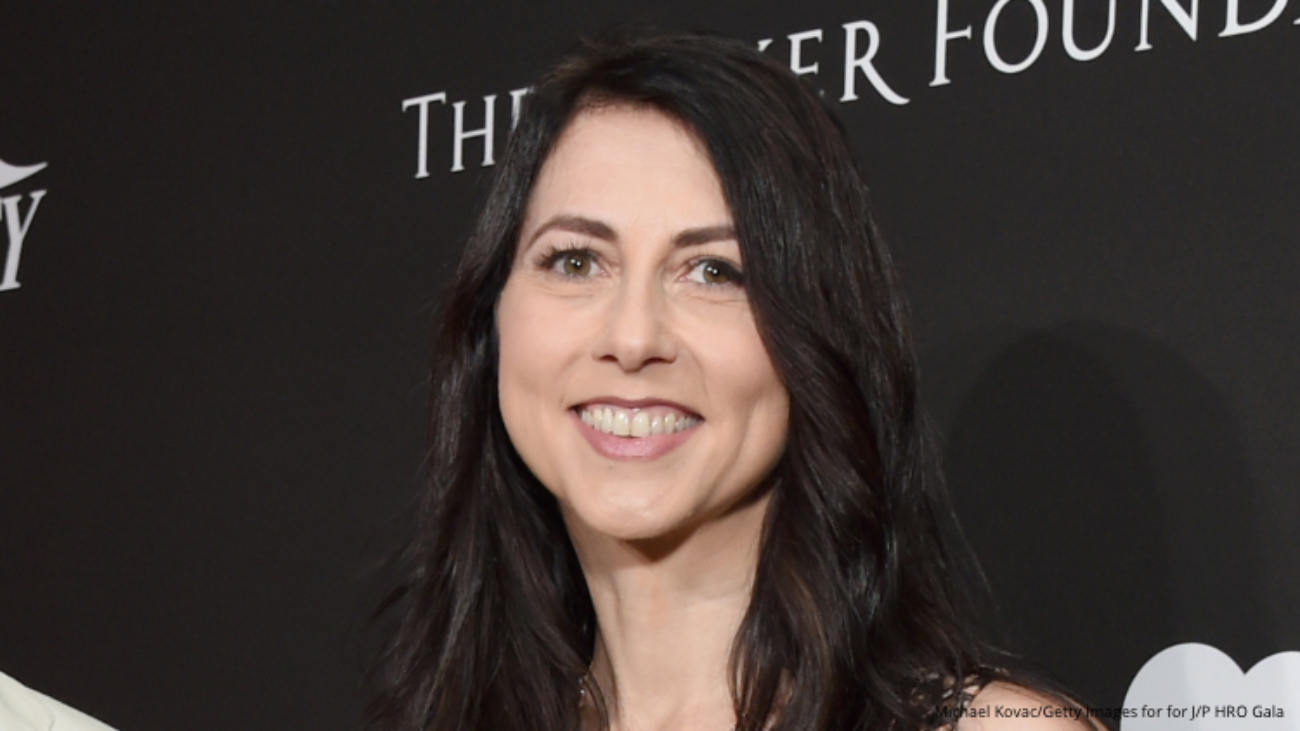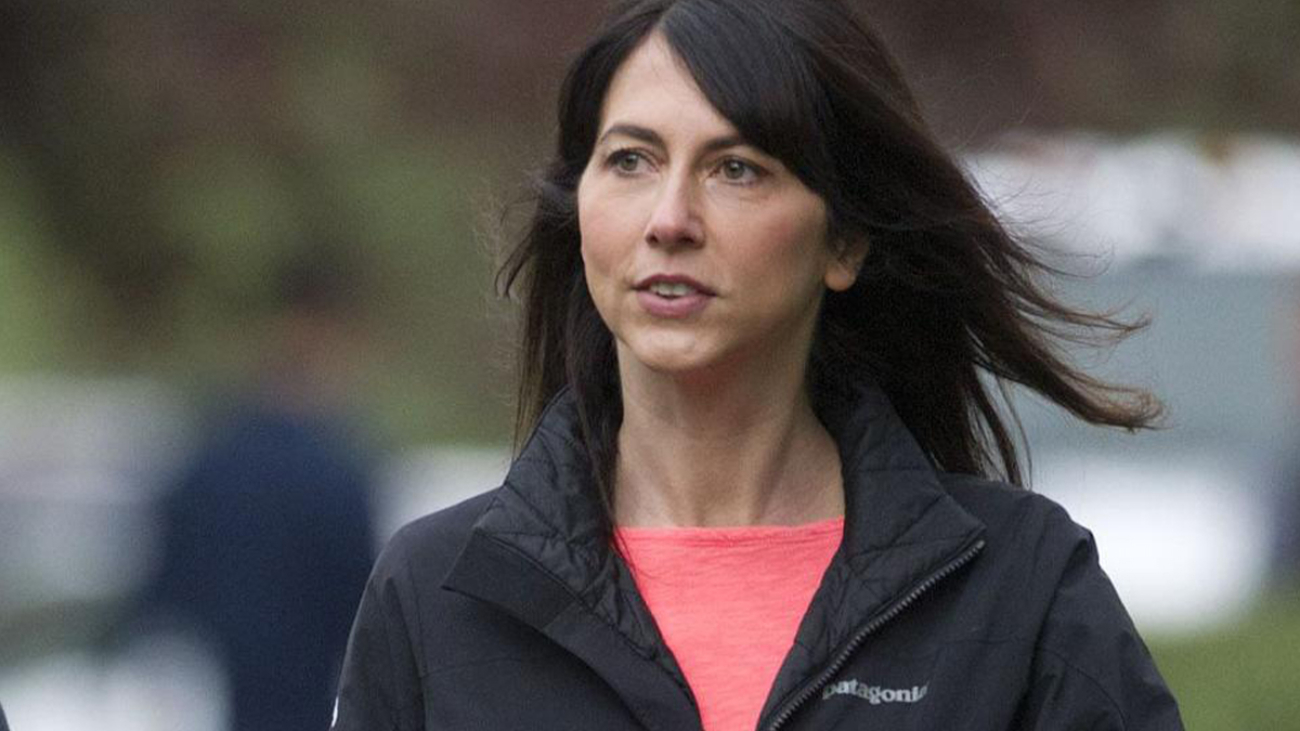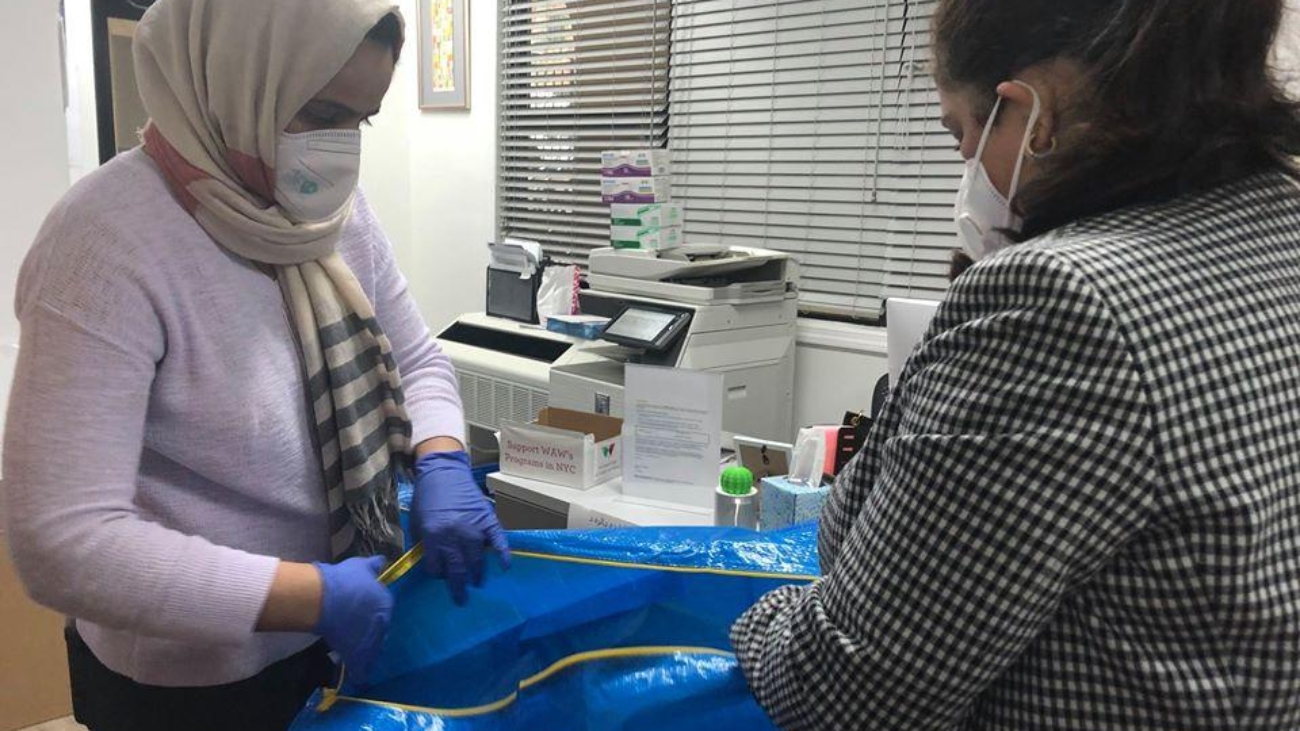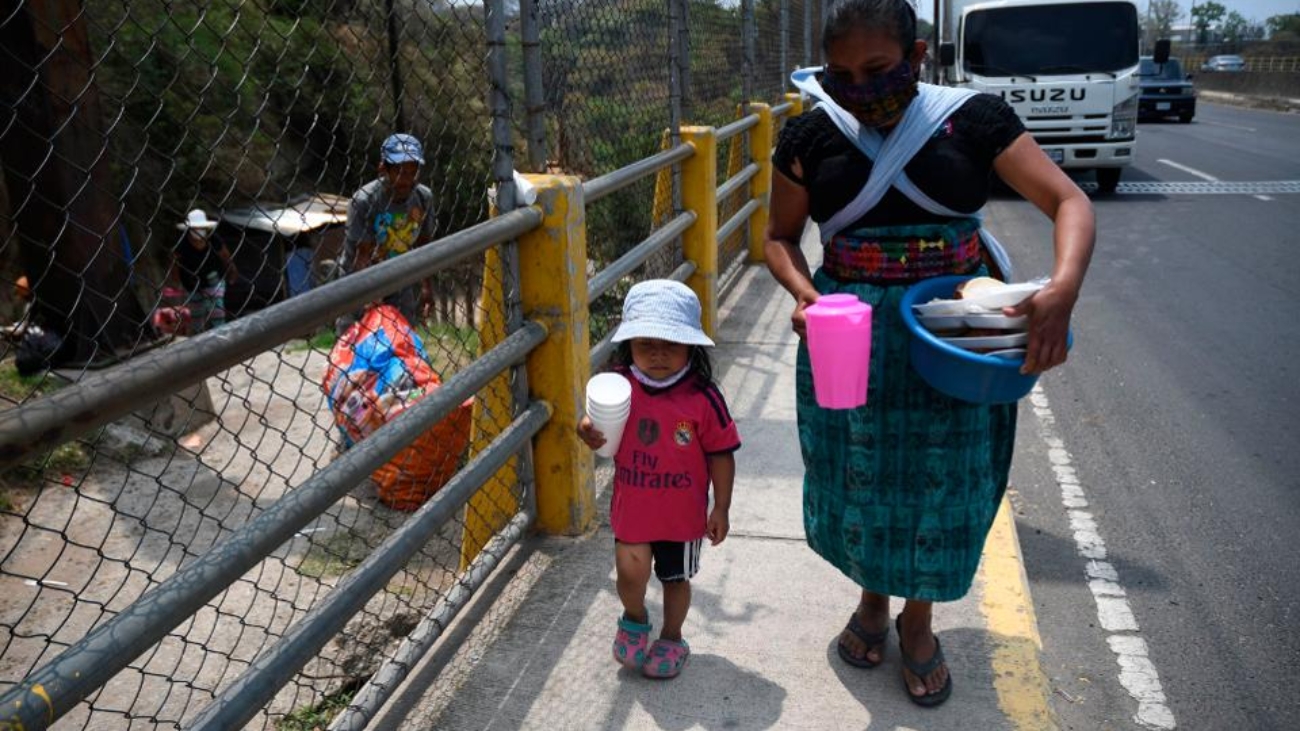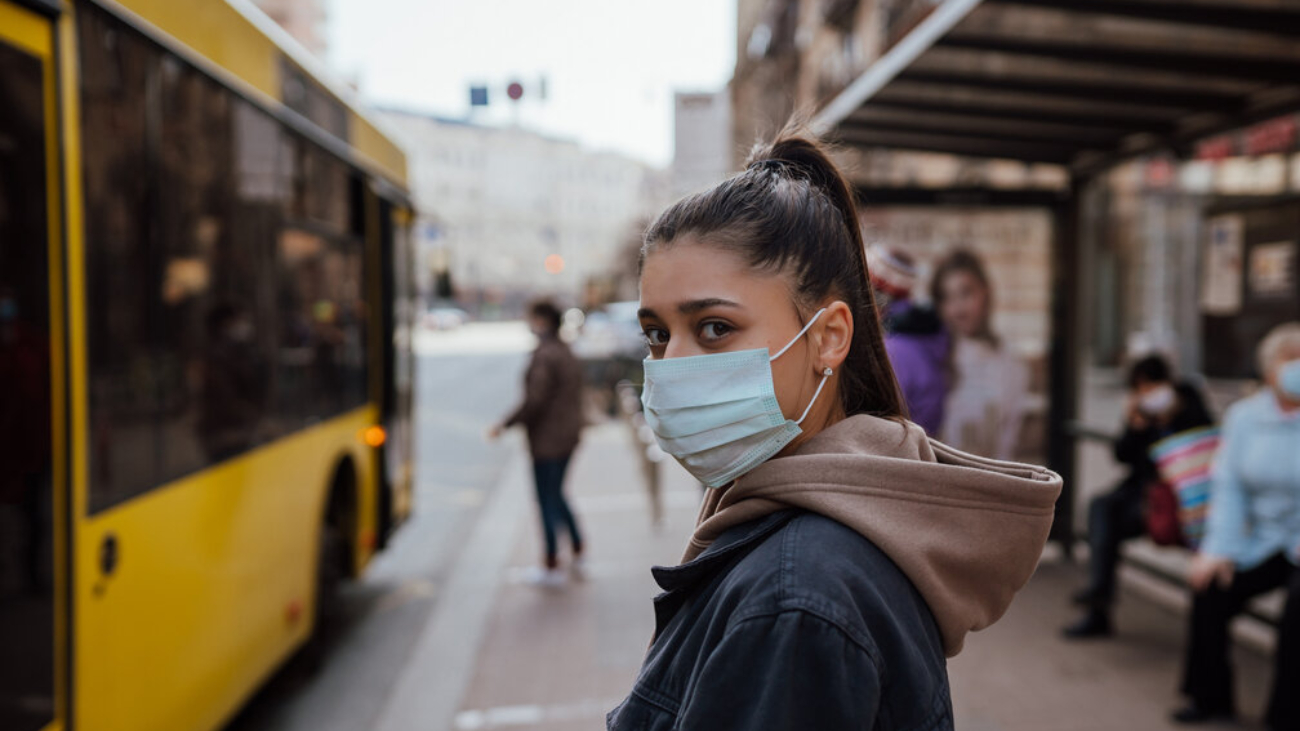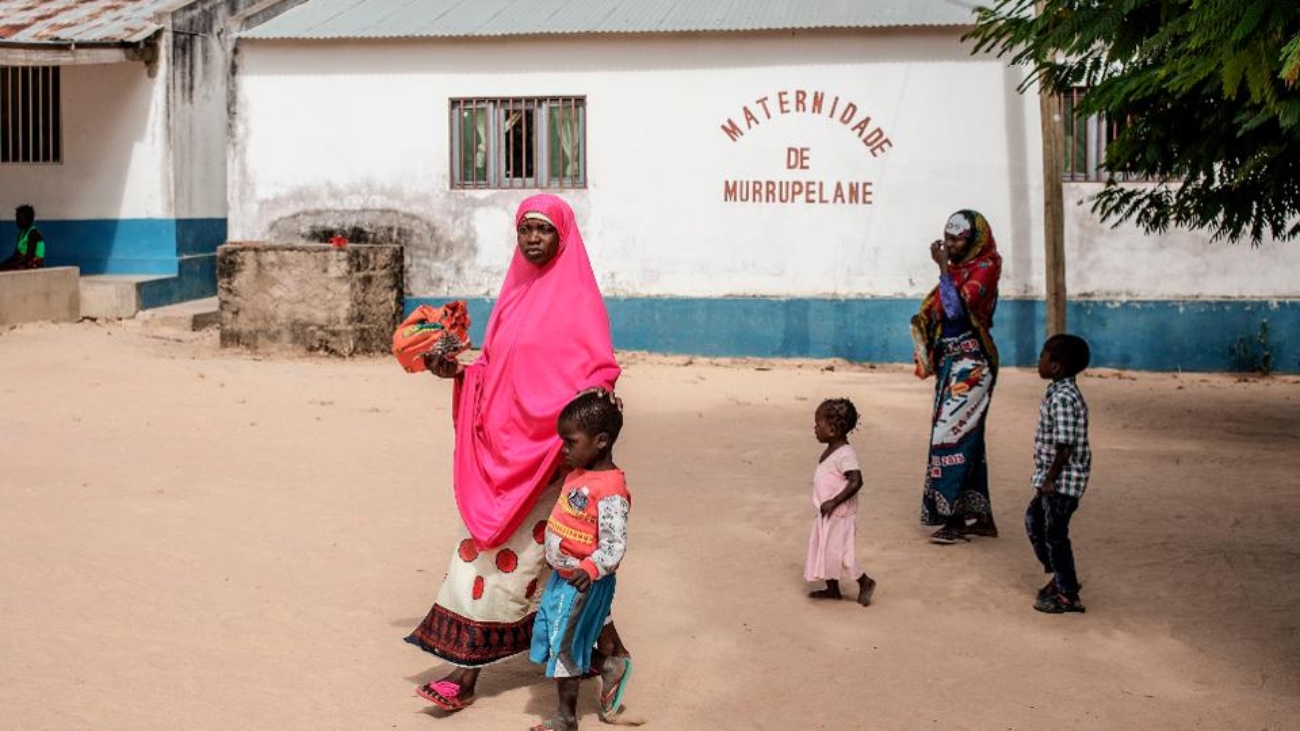This past summer, Jeff Bezos’ ex-wife, MacKenzie Scott, gave away $1.7 Billion in philanthropic dollars. In the public eye since their divorce in 2017, MacKenzie pledged to give away the majority of her wealth “back to the society that helped generate it” and this was her first big step towards doing so. In a statement released on the platform Medium, Scott shared the details of her philanthropic process, highlighting that for her, this moment was not only about giving away money to a cause, but influencing philanthropy to trust those most impacted by inequity to design solutions for change.
Many are still curious what this experience was like for the recipients of Scott’s philanthropy since, to many nonprofit leaders, it seemed like a dream scenario: large, unrestricted amounts of capital given to nonprofits to shape a vision for the future plus, transparency around the amounts of capital and other grantees to help build an ecosystem of support. To look further into this possibility, I connected with two grantees, Aleyamma Mathew, of the Collective Future Fund and Kimberly Bryant, of Black Girls Code.

